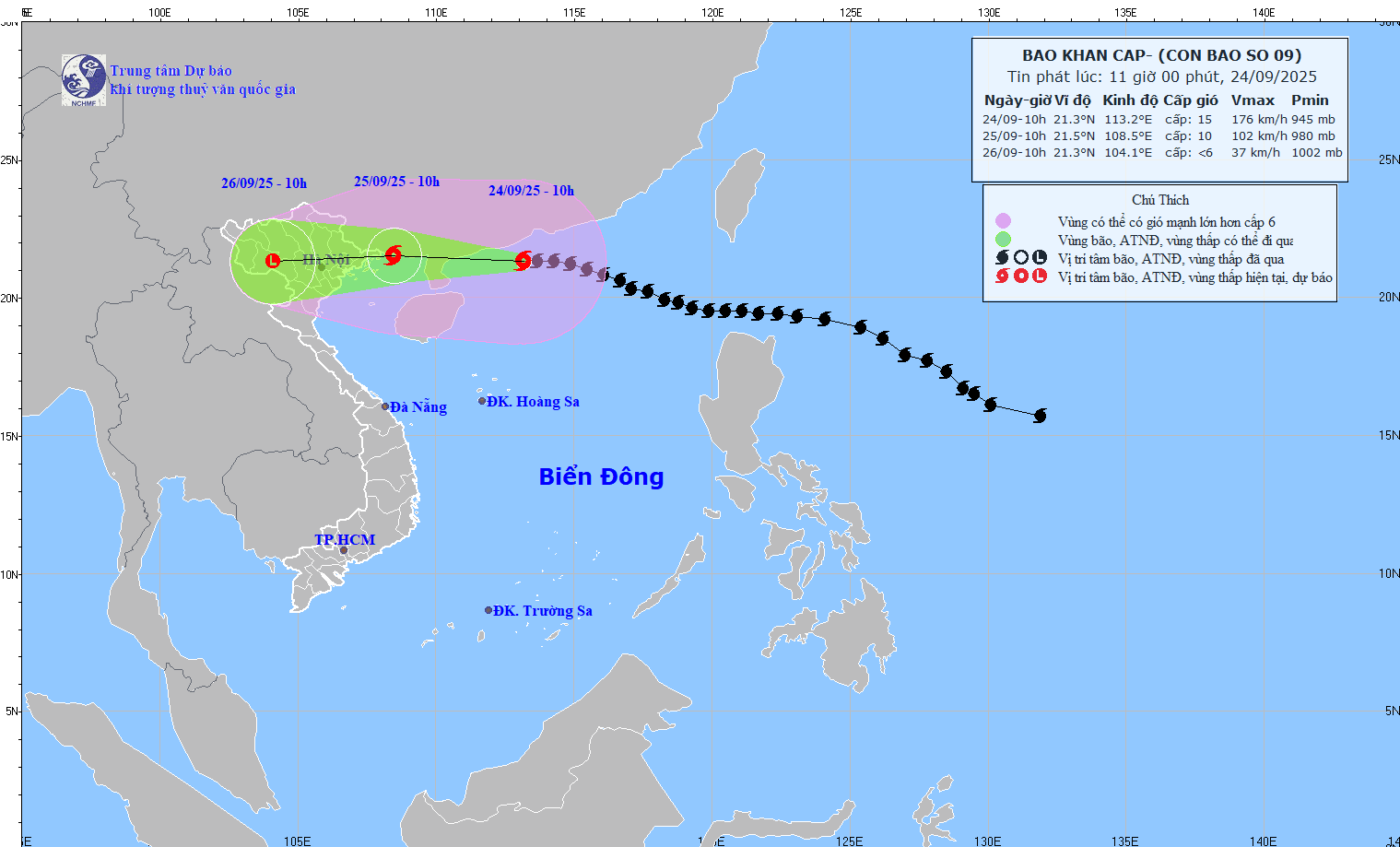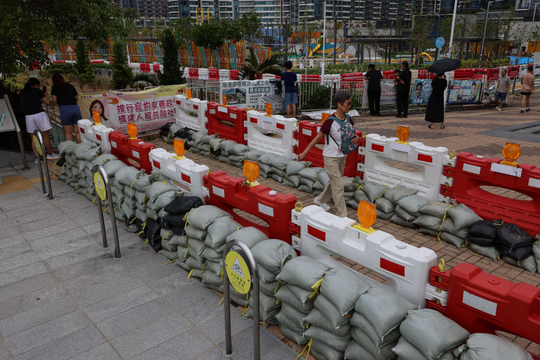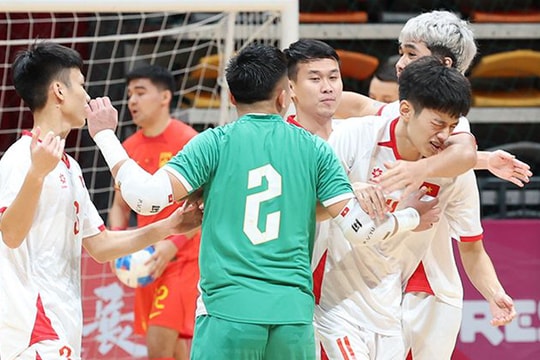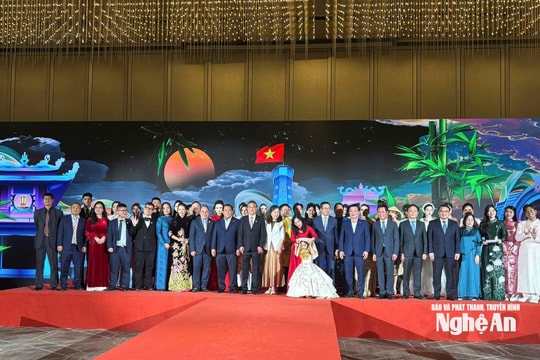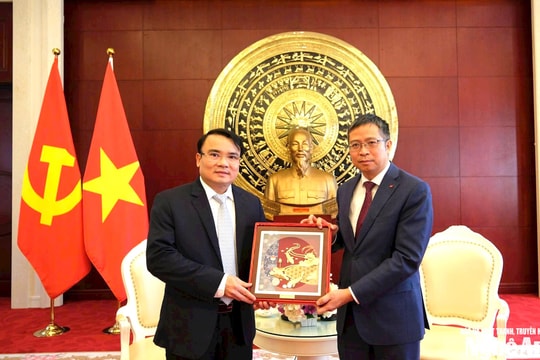Xi Jinping officially re-elected President of China
On the morning of March 17, Chinese National Assembly delegates voted to elect Xi Jinping as the new President of China.
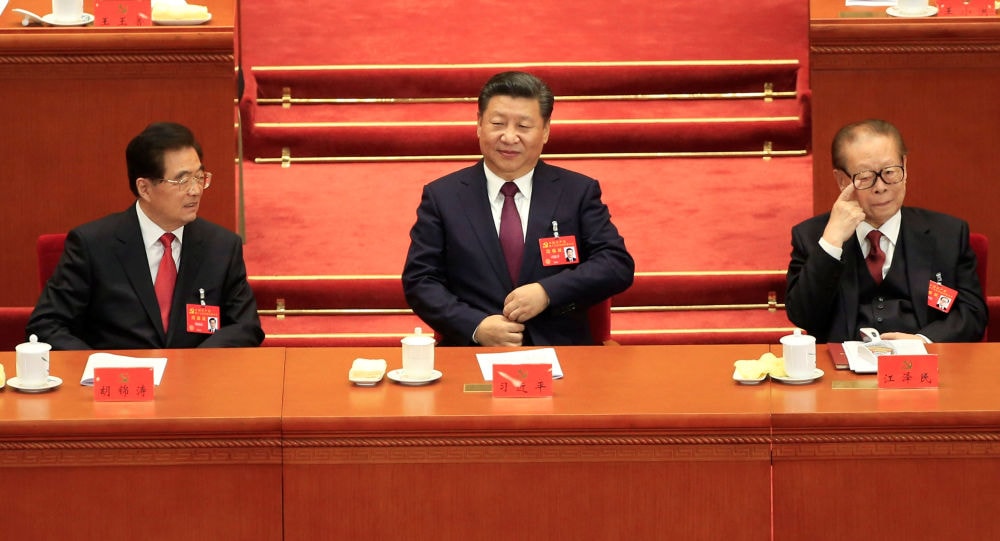 |
| Mr. Xi Jinping |
The fifth plenary session, within the framework of the first session of the 13th National People's Congress (the National Assembly) this morning also voted to approve the plan to reform the structure of the State Council.
At the meeting this morning, the deputies to the National People's Congress of China cast four votes in turn for the positions of President of the People's Republic of China, Chairman of the Central Military Commission of the People's Republic of China, Chairman, Vice Chairman of the Standing Committee, Secretary-General of the National People's Congress and Vice President of the People's Republic of China.
At about 9:43 a.m. (Beijing time), all delegates in the Great Hall of the People in Beijing voted to elect the above positions.
With 2,970/2,970 valid votes, Mr. Xi Jinping was officially re-elected as President of China for the 12th term.
Mr. Xi Jinping was born in 1953 in Shaanxi, China - belonging to the "red second generation" generation, a term used to refer to descendants of the first revolutionary generation of the Chinese Communist Party.
During his first term, Mr. Xi made his mark on the Chinese people through the results of his anti-corruption campaign, which brought down thousands of officials, and promoted the Chinese Dream with the aim of restoring China's position in the world.
Previously, on March 11, nearly 100% of the 2,964 delegates attending the third plenary session, within the framework of the first session of the 13th National People's Congress of China (the National Assembly), voted to pass the draft constitutional amendment.
This includes a provision to abolish term limits for the positions of President and Vice President. In addition, the Chinese constitution also includes Xi Jinping Thought on Socialism with Chinese Characteristics and the Scientific Outlook on Development of former President Hu Jintao.
The leading role of the Communist Party of China was once again recognized with an additional provision in the charter as "the most important feature of socialism with Chinese characteristics." A national-level anti-corruption agency was also deployed.
At the end of October 2016, at the 6th Plenary Session of the 18th Central Committee, Mr. Xi was established as the "core leader" of the Central Committee of the Communist Party of China. This made him the most powerful leader in China after Mao Zedong and Deng Xiaoping.
With his re-election as President for the 13th term and the decision to abolish the two-term limit for this position, Mr. Tap is likely to continue in office after 2023, even for life.
The move to abolish the term limit for the position of President has sparked much controversy among Chinese public opinion about Mr. Tap being a lifelong leader.
To reassure public opinion, the Chinese Communist Party newspaper People's Daily said that according to the country's constitution, the positions of leaders are not lifelong, but can be changed or dismissed, so for objective reasons such as health or age, the position of President like Mr. Tap can also be dismissed.
Meanwhile, Beijing political analyst Deng Yuwen predicts that Xi will not hold power for life but will end his term in 2037 - after completing the basic goals in the first stage of the Chinese Dream.
According to him, to get the consensus of other senior leaders on amending the constitution, Mr. Tap had to compromise on not holding the position of President for life.


